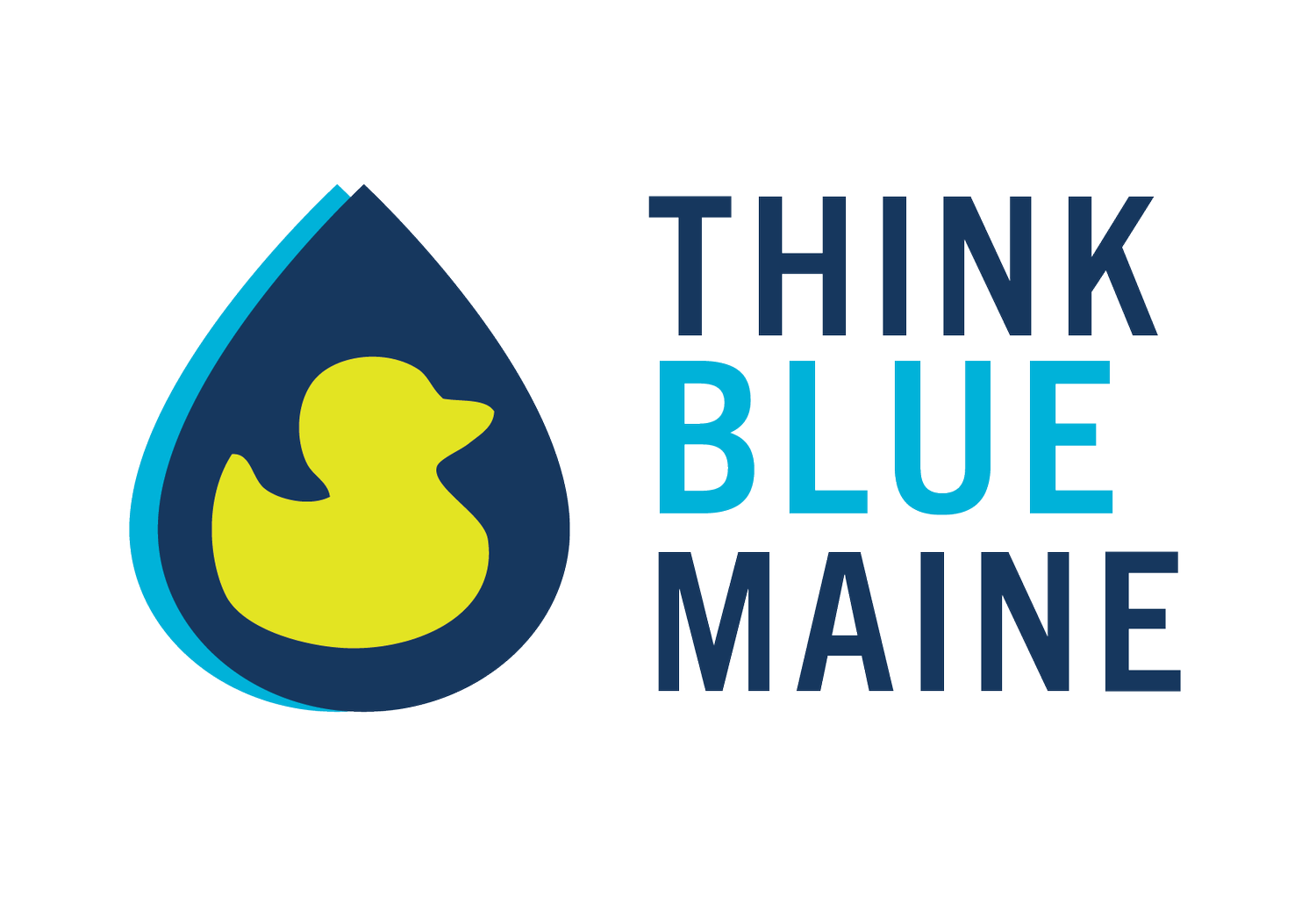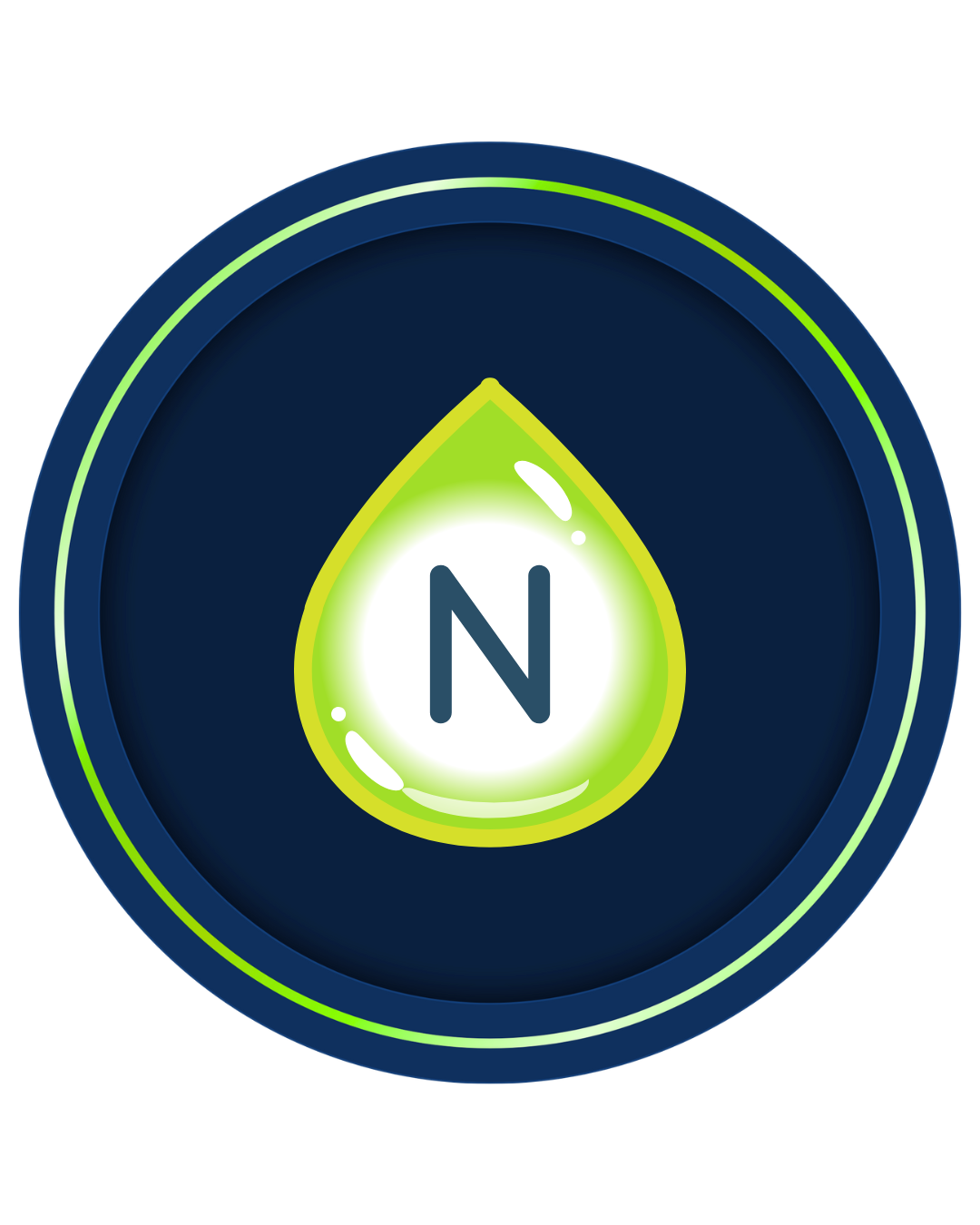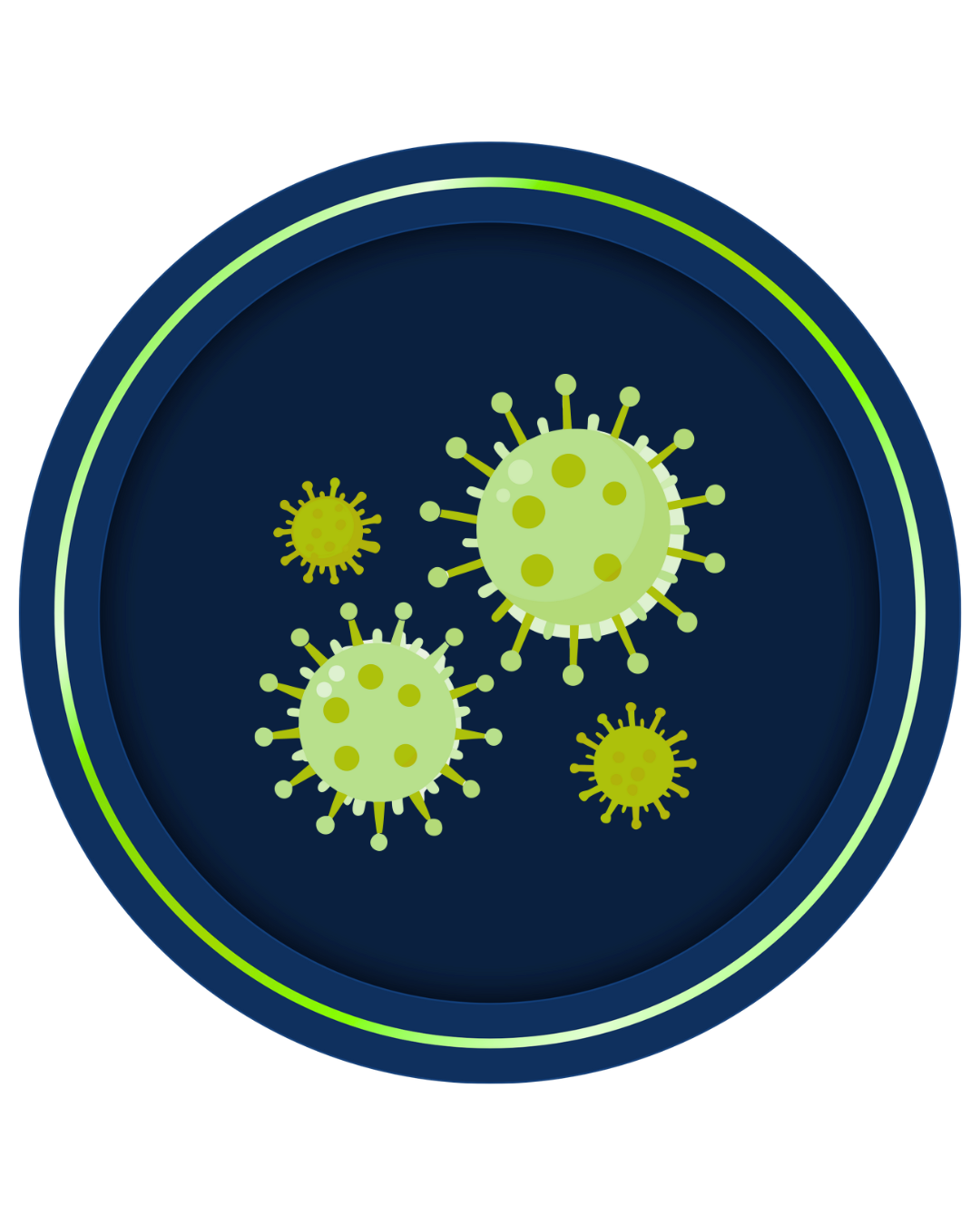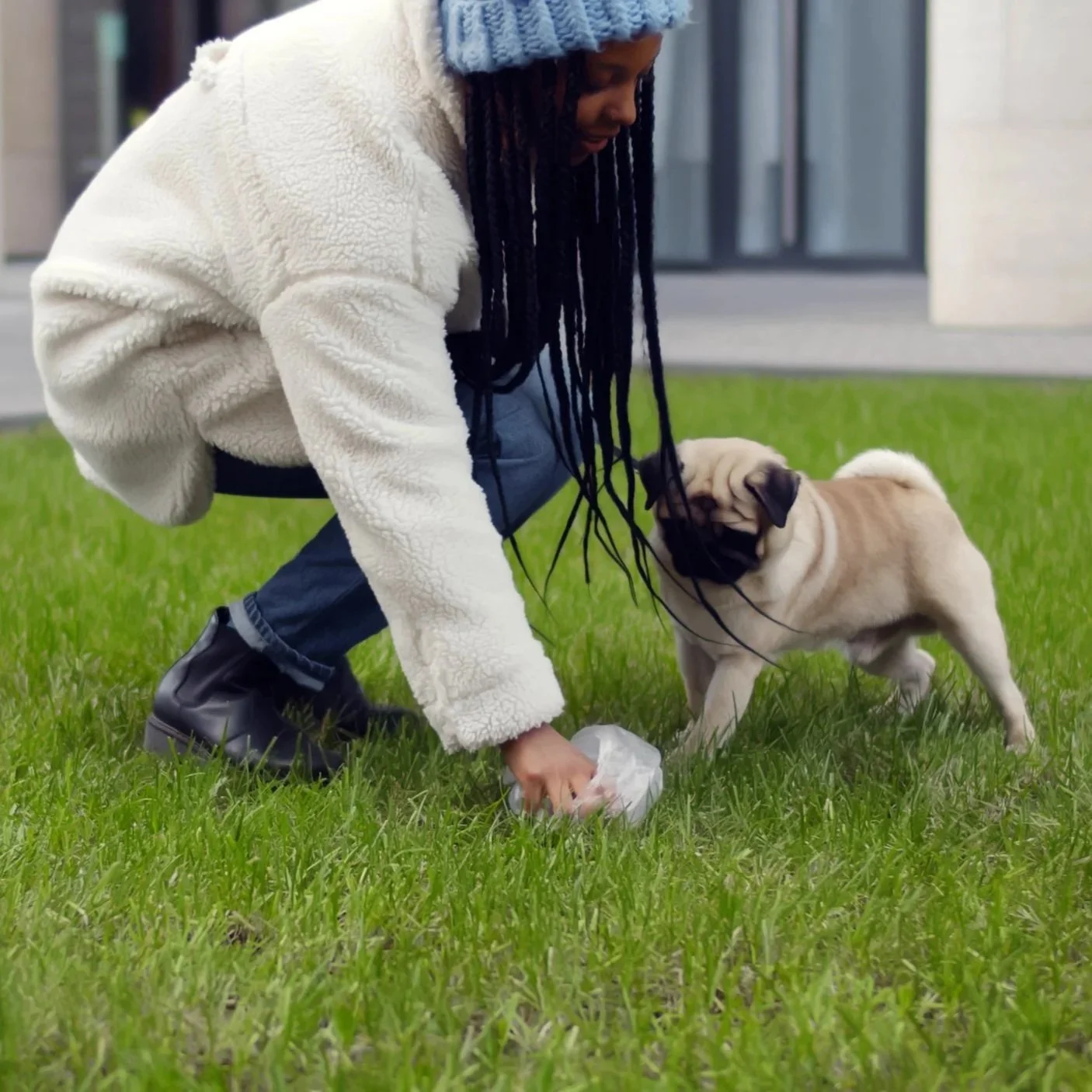Stop the Spread of Poo-llution
Dog waste is high in nitrogen, phosphorus, and pathogens. It can pollute nearby waterbodies where we fish, play, and get our drinking water.
Dog waste pollution is a significant problem in our communities. Not only does it stink up the neighborhood and make it unpleasant to spend time outside, but it is also harmful to the environment and public health.
Dog waste can contain over 65 diseases that can be transmitted to other dogs and even us. The nitrogen and phosphorus in dog waste can lead to overgrowth of algae blooms in nearby waterways, which can deplete water oxygen levels and lead to reductions in fish populations.
Whether in your yard or on the trail, use scoopers or no-touch bags and be sure to throw them in the trash.
Impacts on Water Quality
Dog waste significantly harms water quality by introducing bacteria, parasites (like Giardia, E. coli, Roundworms), and excess nutrients (nitrogen, phosphorus) into waterways via rain runoff or improper disposal, leading to oxygen depletion (harming fish), harmful algal blooms, cloudy water, and potential human illness, making it a major source of nonpoint source pollution.
BE PAWSOME!
Bring at least 3 dog waste bags per dog with you on every walk.
Keep your dog on leash until their business is done to make clean up easy to reach.
Use a leash attachment to hold the used bag so you have both hands open to love and play with your dog.
Be prepared to bring your dog waste home to throw away if the site doesn’t have trash cans. Keep a container with a tight seal and some baking soda in it to have a pleasant drive home.
Dog Waste Surveys
The Cumberland County Soil & Water Conservation District, in partnership with the New England Environmental Finance Center and Bates College Purposeful Work internship program, is conducting a five-year survey of Greater Portland and Saco dog parks and trails to better understand the environmental impacts of our pets. Track the status of your favorite trails and parks with our annual survey reports and project story map below.





